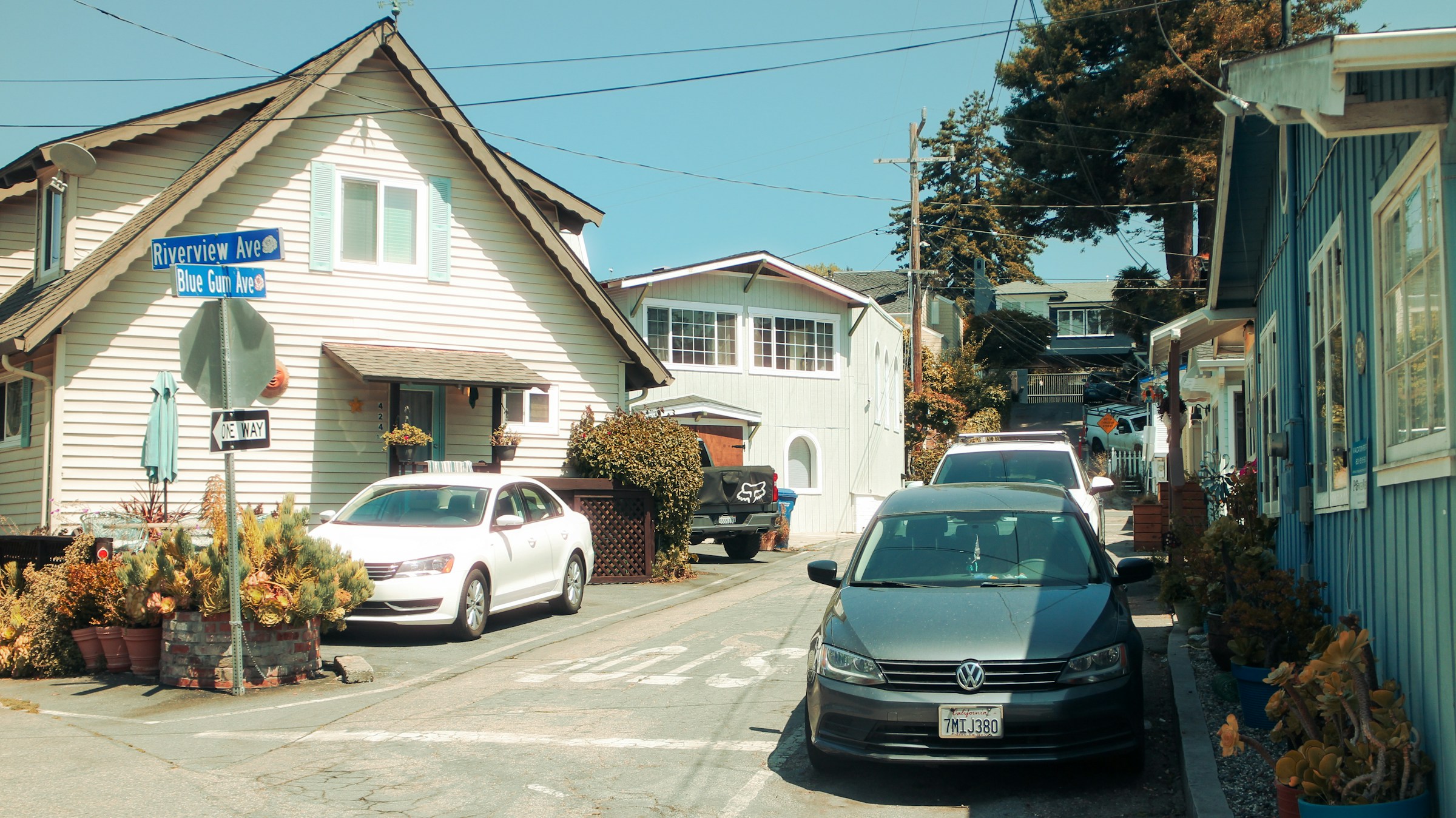Many people consider a used car a smart buy, but it still carries risks. There is always an unknown history or a defect in the product, and it may manifest itself once the deal is finalized. Luckily, California offers consumer protection to auto drivers to avoid expensive errors.

This is where the lemon law in California for used cars comes in. It helps customers understand the steps they can take in case of recurring issues with a vehicle after its purchase. In this guideline, we will discuss smart research before shopping, diligent observation, confirmation of history, legal rights, and, in cases where professional assistance is required. With preparation, you can shop with confidence across the used car market.
Research Before You Shop
Good preparation is the initial step in avoiding a bad buy. Start by creating a realistic budget. Also, remember to add on taxes, registration, insurance, and possible repair costs. Many buyers simply dwell on the sales price and discover the extras to their dismay.
Secondly, confirm the car’s market value. Software such as Kelley Blue Book and Edmunds is capable of providing accurate prices for different makes, models, and mileage. This helps you negotiate effectively and avoid overpayment.
Lastly, check the reliability ratings of the vehicles and review online reviews of the ones you plan to purchase. A model that has already had a history of recalls or high breakdown rates may, in the long term, be more expensive than it initially seems based on the purchase cost.
Inspect the Vehicle Thoroughly
Once you’ve narrowed down your options, it is important to investigate them closely. Start with a physical check. Check for signs of rust, uneven paint, and evidence of previous accidents. Minor details, such as inappropriate panels, can also indicate more serious issues.
Take the car for a test drive. It should focus on braking, steering response, engine noise, and comfort. A short spin around the block isn’t enough; try different speeds and road conditions if possible.
To be on the safe side, employ a reliable mechanic to do a pre-purchase check-up. They can detect problems that may be ignored by you, such as an engine leak or a faulty suspension. Lastly, request service records. Frequent oil changes, brake checks, and other regular maintenance checks indicate that the vehicle has been well-maintained.

Verify the Vehicle’s History
A troubled past can be sunken even in the most beautiful car. This is why it is crucial to check its history. Begin by verifying the Vehicle Identification Number (VIN) using services such as Carfax or AutoCheck. Such reports may indicate previous accidents, damages, flooding, or title problems.
Pay close attention to the status title. A car with salvage or flood damage can be unsafe and may be difficult to insure. Watch out for discrepancies in the odometer as well. The indications of modifications or abnormal mileage should set off alarms.
Confirmation of history includes verifying the car’s history in advance, allowing buyers to mitigate the risk of potential issues that may not be immediately apparent and for which warranties or the law may not provide compensation in the future.
Understand the State’s Consumer Protections
Even careful buyers can encounter unforeseen issues. Luckily, California law has a variety of safeguards for the purchase of used automobiles.
- California Used Car Buyer Bill of Rights: Dealers must offer a minimum warranty and, in the case of certain car models, a two-day cancellation period.
- Implied warranties: Even sales on an ‘as is’ basis may imply some basic protection in case the vehicle is not safe to drive.
- California Law of Used Cars: The lemon law in California for used cars may also be applicable in cases where a car has a manufacturer’s warranty or is sold with a dealer’s warranty. The same issues that occurred during that time could be refunded, replaced, or repaired.
These safeguards will provide consumers with a legal framework to contest unfair trading standards and promote just outcomes in cases where a vehicle does not meet any plausible standard.
When to Seek Legal Help
There are also cases where the issue persists even after all the necessary steps have been taken. It may be time to request professional assistance in case of reoccurrence of defects within the new product immediately after purchase, or even when a dealer is unwilling to fulfil warranty obligations.
Consumer rights attorneys will guide you through arbitration or court proceedings. They are aware of the court reviews of repairs, safety problems, and paperwork. Legal assistance is capable of promoting smoother settlements or more sensible solutions in most instances without a long trial process.
Purchasing a used automobile in California does not necessarily have to be a stressful process. Risks are decreased by careful research, extended inspections, and checking of history. Meanwhile, not being deceived by your consumer rights and knowing when to seek legal assistance will help you avoid honesty problems. Buyers have the power to purchase cars with confidence, knowing they have made a fair and secure transaction when they are well-prepared and persist in their approach.
Article Last Updated: October 15, 2025.
